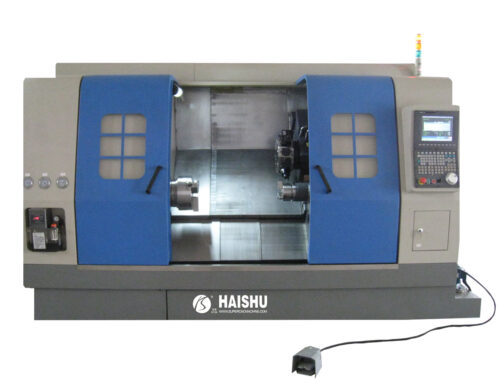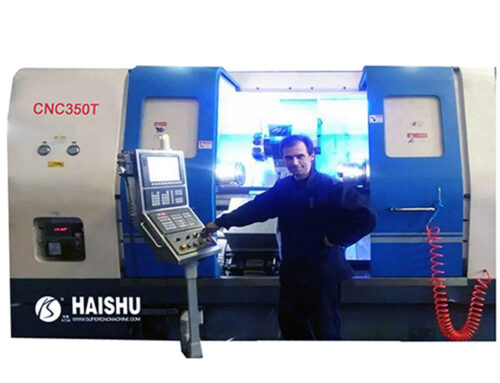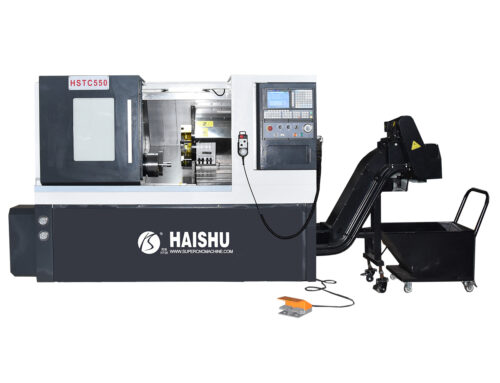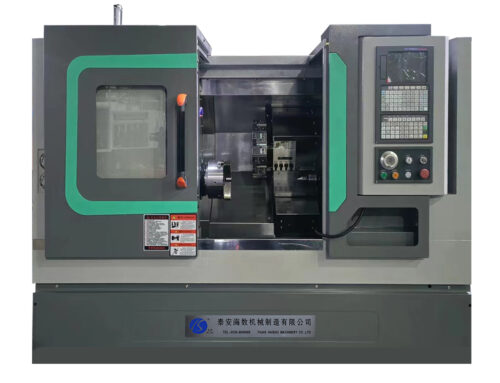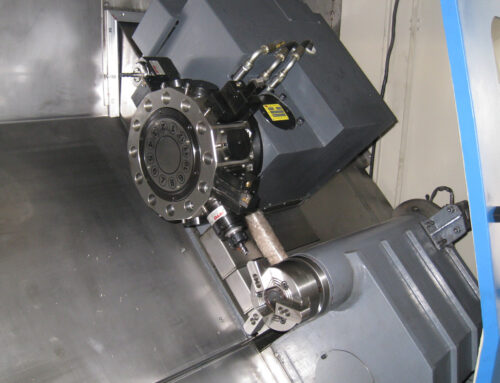What is a CNC Lathes Machine?
A CNC lathes machine, a type of CNC machine tool, is a sophisticated piece of equipment widely used in hardware processing. It specializes in machining all sorts of rotary parts that can be clamped and spun, much like what is possible on a conventional lathe. However, the CNC lathe machine boasts high machining precision, the capability of linear and circular interpolation, and an automated speed change feature during the hardware machining process. The scope of processes it can perform is considerably broader than those of a standard machine tool.
How Does the CNC Turning Machine Outperform Conventional Lathes?
The CNC turning machine distinguishes itself through its ability to process parts with high dimensional accuracy. This is largely due to its slant bed lathe design, which ensures great rigidity, high manufacturing, and tool setting accuracy. These machines are equipped to handle manual and automatic compensation with ease, thereby achieving the precision required for parts with stringent dimensional tolerances.
Additionally, the motion of the tool in a CNC lathe is controlled by high-precision interpolation and a servo drive, which further improves the capability of machine parts with high shape accuracy requirements. This includes the straightness, roundness, and cylindricity of a workpiece. Compared to a profiling lathe, a CNC lathe machine can produce shapes that adhere more closely to the geometric specifications on a drawing, especially for profiles like circular arcs.
What Unique Features Do CNC Lathes Machines Offer?
One of the standout features of CNC lathes machines is constant linear speed cutting. This allows for the selection of the optimal linear speed for cutting various shapes, such as cones and end faces, resulting in a surface finish that is fine, consistent, and meets the desired roughness values. Therefore, a CNC lathe machine can process parts to have a uniform and fine surface finish.
Another significant advantage is in threading. A CNC lathe can efficiently cut straight, conical, and end threads with not only equal lead but also smoothly transition to threads with variable lead. Unlike traditional lathes, the spindle rotation in a CNC turning machine doesn’t require alternate changes, which greatly enhances the efficiency of threading.
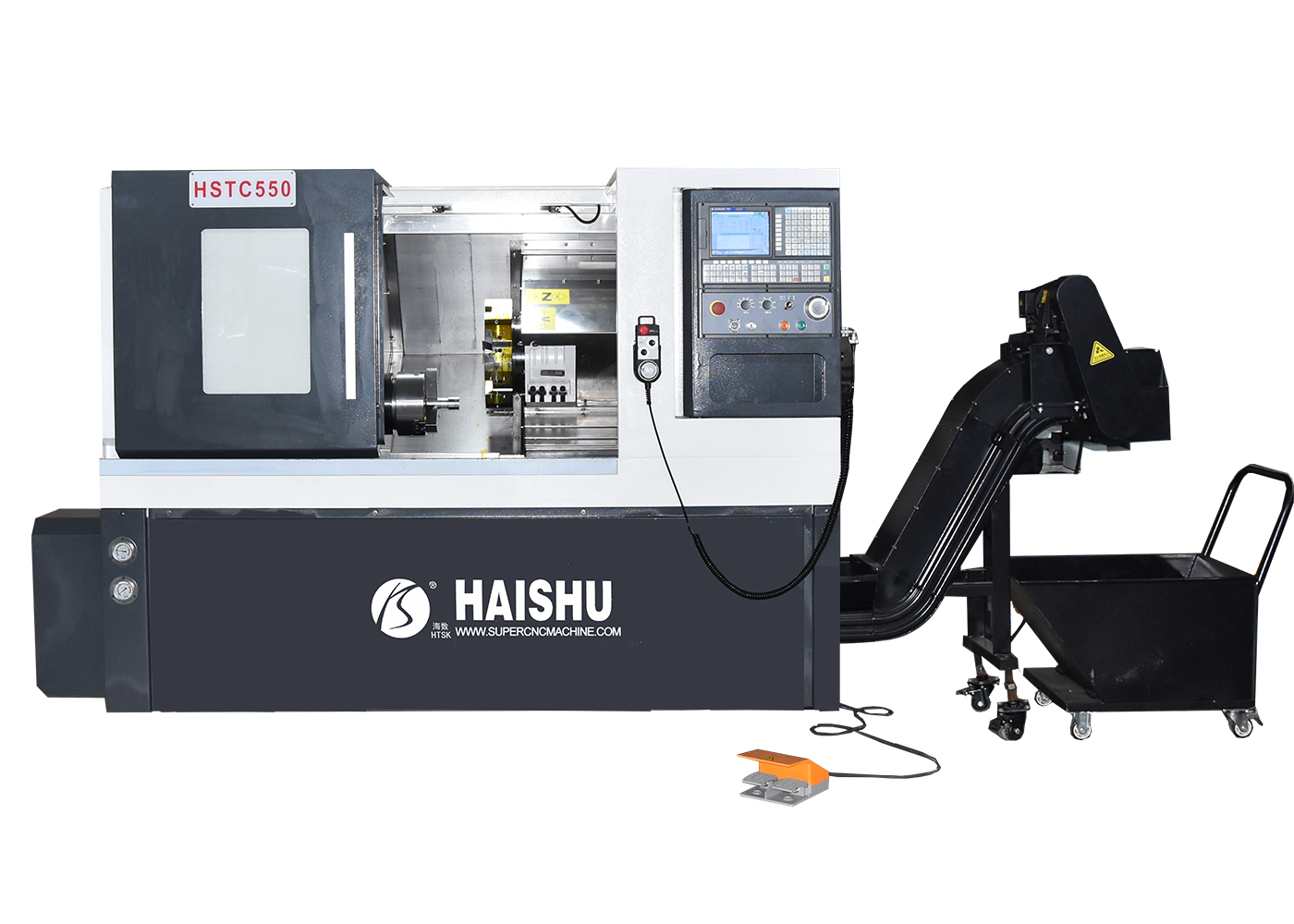
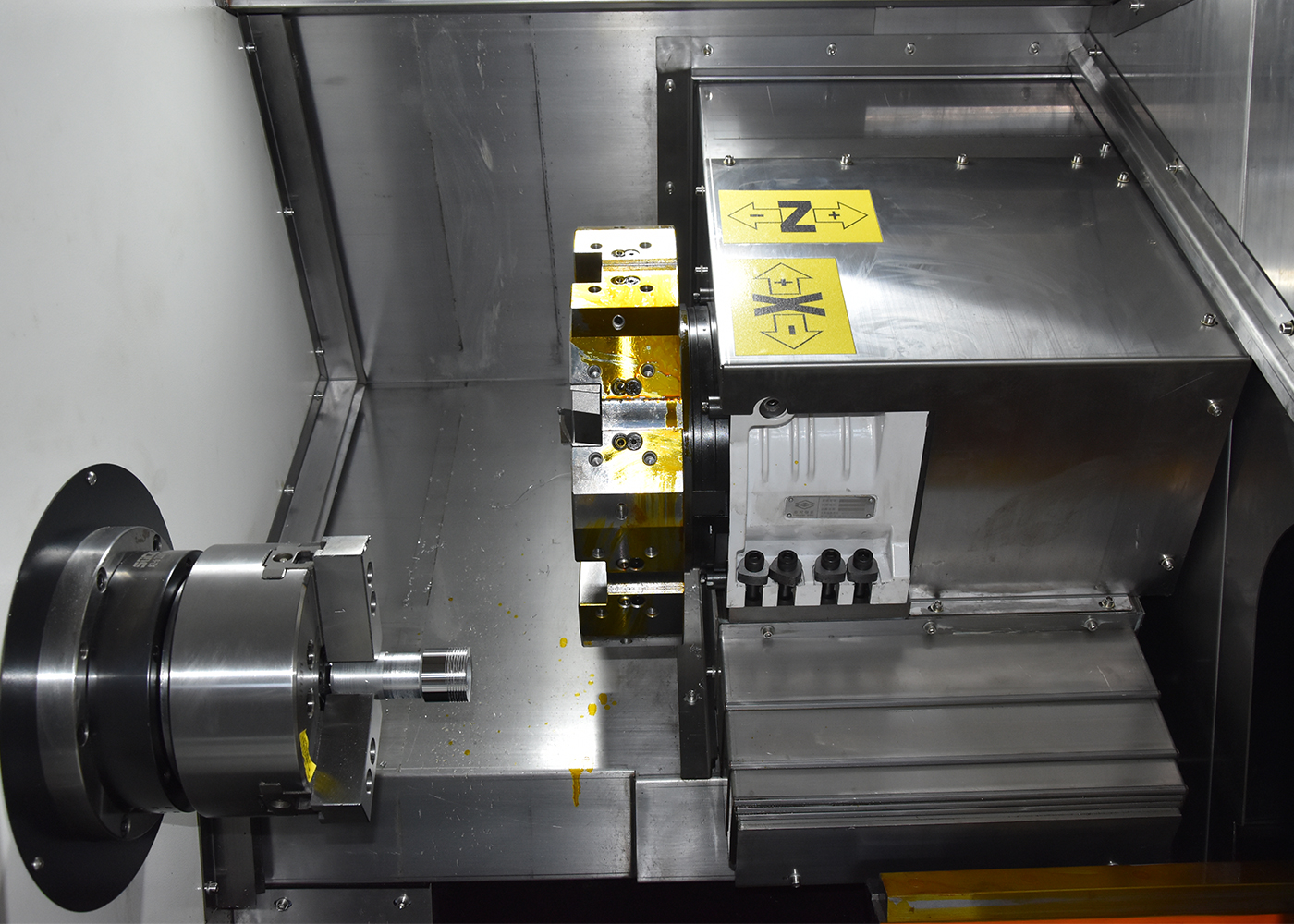
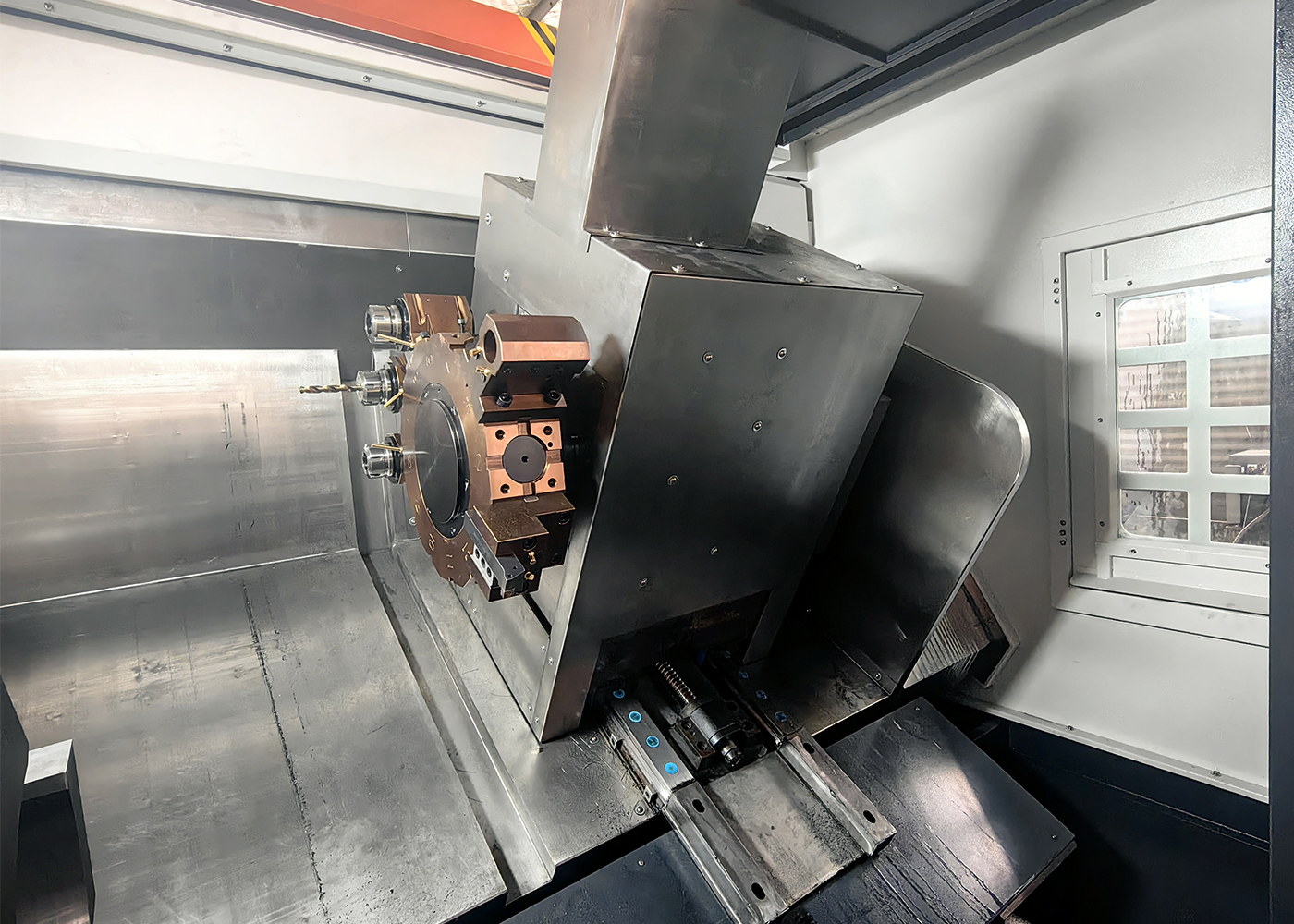
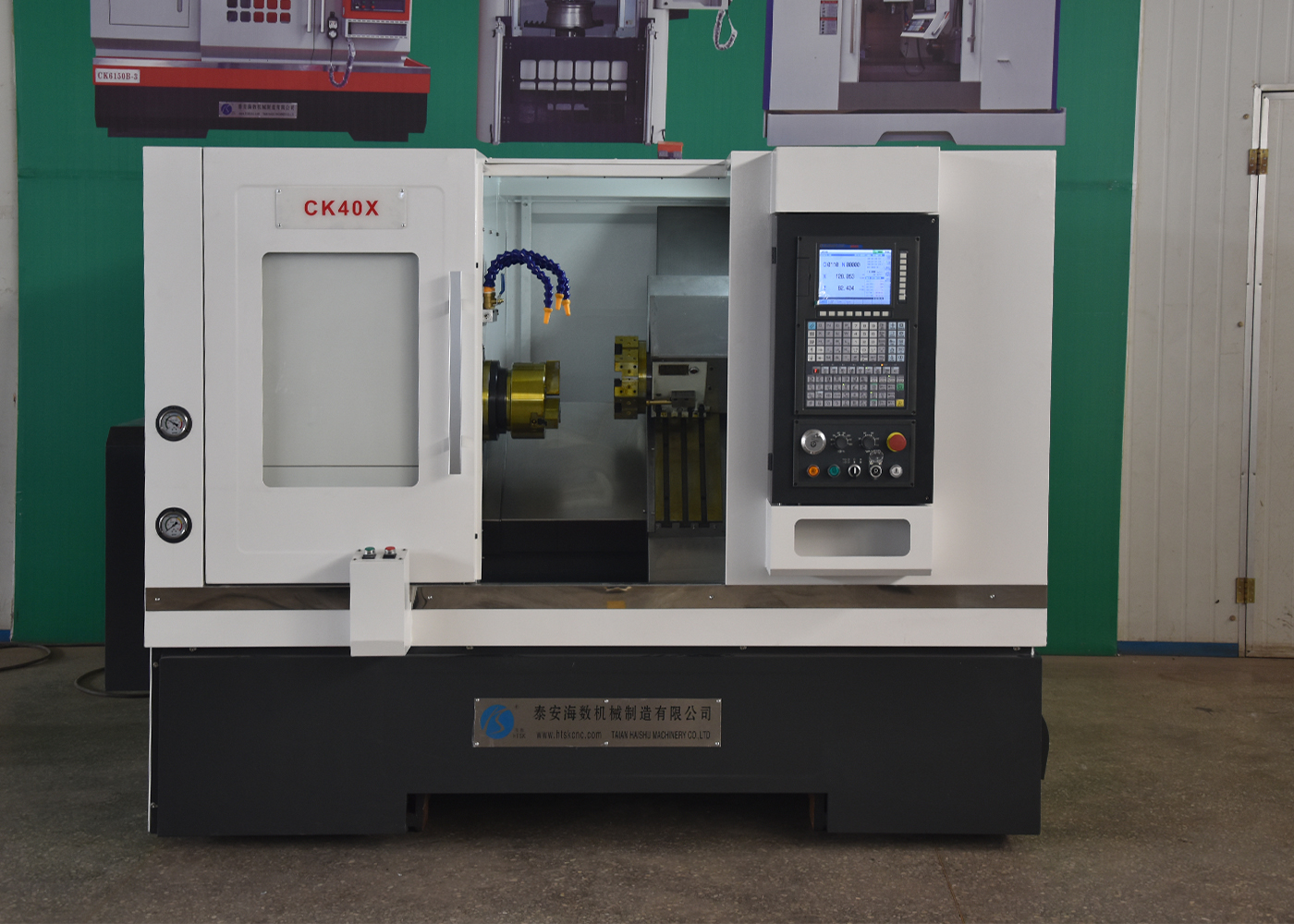
What Are the Conditions for the Application of CNC Lathes Machines?
To optimally use a CNC lathe machine, certain conditions must be met:
What Environmental Requirements Must Be Considered for CNC Machine Tools?
The area where the CNC machine tool is placed should be free from vibration, direct sunlight, thermal radiation, and not subject to humidity and airflow. If a vibration source is near, an anti-vibration trench should be constructed. Environmental stability is crucial as it affects the machining accuracy, the reliability of the electronic components, and thus the overall reliability of the CNC machine tool.
What Are the Power and Temperature Requirements for Operating a CNC Lathe Machine?
Regarding power, the CNC lathe should be in a location where the power supply voltage is stable since fluctuations can disturb the operation of the NC system. The ambient temperature where the CNC lathe operates should be below 30 degrees Celsius with a relative humidity less than 80% to prevent electronic component failure.
How Should Standardized Usage of CNC Turning Machines Be Enforced?
Users must adhere to the manufacturer’s settings for the control system parameters, as these are crucial to the dynamic characteristics of the machine’s components. The only exception is clearance compensation parameters, which may be adjusted according to actual conditions. Additionally, accessories such as hydraulic chucks should not be arbitrarily replaced as they are selected based on various link parameters for optimal operation.
In summary, the CNC lathes machine is a versatile and precise CNC machine tool that has significantly expanded the capabilities of metalworking and hardware processing. Its ability to produce parts with high precision and fine finishes makes it an invaluable component of modern manufacturing.
